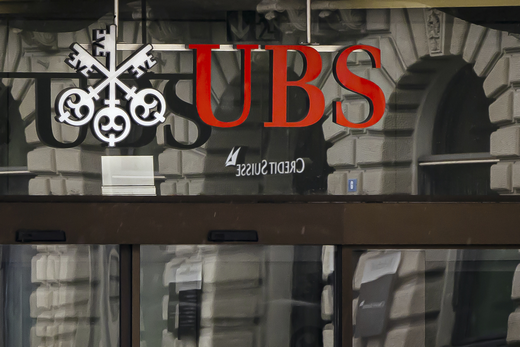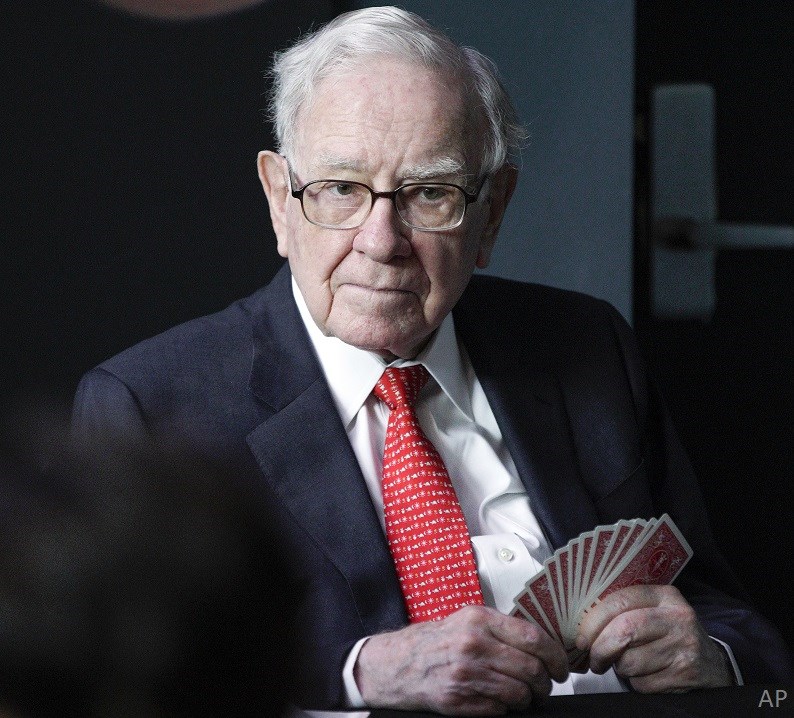


UBS will buy Credit Suisse with the encouragement of the Swiss financial authorities in a dramatic bid to restore confidence in the Swiss and European financial system.
The transaction means Credit Suisse shareholders will receive one UBS share for every 22.48 ordinary shares. Based on March 17 closing prices, the transaction values Credit Suisse shares at 0.76 Swiss francs, or 59% below its closing price of 1.86 Swiss francs.
However, the wording of the deal has raised eyebrows. Credit Suisse describes it as a merger. UBS describes it as an acquisition.
"Credit Suisse and UBS have reached a merger agreement on Sunday, following the intervention of the Swiss Federal Department of Finance, the Swiss National Bank and the Financial Markets Supervisory Authority (FNIMA)", Credit Suisse said in a statement.
"UBS will be the surviving entity," it added.
In a separate press release, UBS announces its intention to "acquire Credit Suisse", with the combined creating an asset management giant with more than 5,000 billion dollars of assets under management, of which over $3.4 trillion is in wealth management.
UBS president Colm Kelleher spoke of an "emergency rescue", while specifying the group will take over the activities of Credit Suisse in wealth management, asset management and its universal banking activity in Switzerland. The corporate and investment banking activities, long a source of difficulty for the Swiss bank, seem destined to disappear or be heavily restructured.
According to UBS calculations, this operation represents a cost of three billion Swiss francs.
UBS will also benefit from protection against the fall in value of portfolios of acquired assets and restructuring costs up to 25 billion Swiss francs, and additional protection against a 50% decline in "non-strategic", or "non-core", assets.
The deal is expected to result in cost savings of $8 billion by 2027. By 2027, the operation should have an accretive impact of around 13% on its earnings per share.
Credit Suisse’s descent into banking hell follows a long string of difficulties in internal control and governance – despite solid positions in wealth management. Last week the nightmare suddenly accelerated amid jitters in the US after the collapse of Silicon Valley Bank in the US.
On March 16, the bank obtained access to liquidity from the SNB to try to reassure investors, in vain.
"In view of the extraordinary and unprecedented circumstances, the announced merger represents the best solution," said Axel P. Lehman, chairman of Credit Suisse’s supervisory board.










.jpg)



















